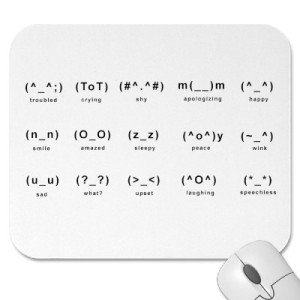Hi there! How have you been?
Have you watched the movie, Her? It’s a Hollywood movie to describe a futuristic relationship. In the movie we date computers.
Well, I think we will have it soon…….. Today I want to introduce our high technology.
A friend of mine from America shared this video clip with me, and this associated me with the movie, Her.
In Japan we have a serious problem for young people who are not interested in having relationships. They love internet game, anime, manga, computer game and so on. They might have internet virtual relationships through game, but they are not interested in real relationships. Don’t you think it’s weird?
I have no idea why people like virtual relationships. Are they afraid of being dumped or getting hurt? Yes, I think so. I think these people are chicken out.
I think we can’t get perfect relationships when we start relationships. Friendships or relationships need time to grow. However, these people love anime, manga, internet game tend to seek perfect relationships from the beginning. That’s because they are used to seeing fantasy through anime, manga or whatever. In their fantasy all characters have perfect boyfriends or girlfriends. I am afraid that this virtual home robot increases the number of young people who are not interested in real relationships more.
This is a one way relationship and they never receive anything from their virtual girlfriends/boyfriends. I guess when people get used to this, they will lose emotions, social skills, patience for having a long turn relationship with real people, making babies and so on. I can’t imagine any positive things about this.
What do you think about this? Do you think this is good?






Recent Comments